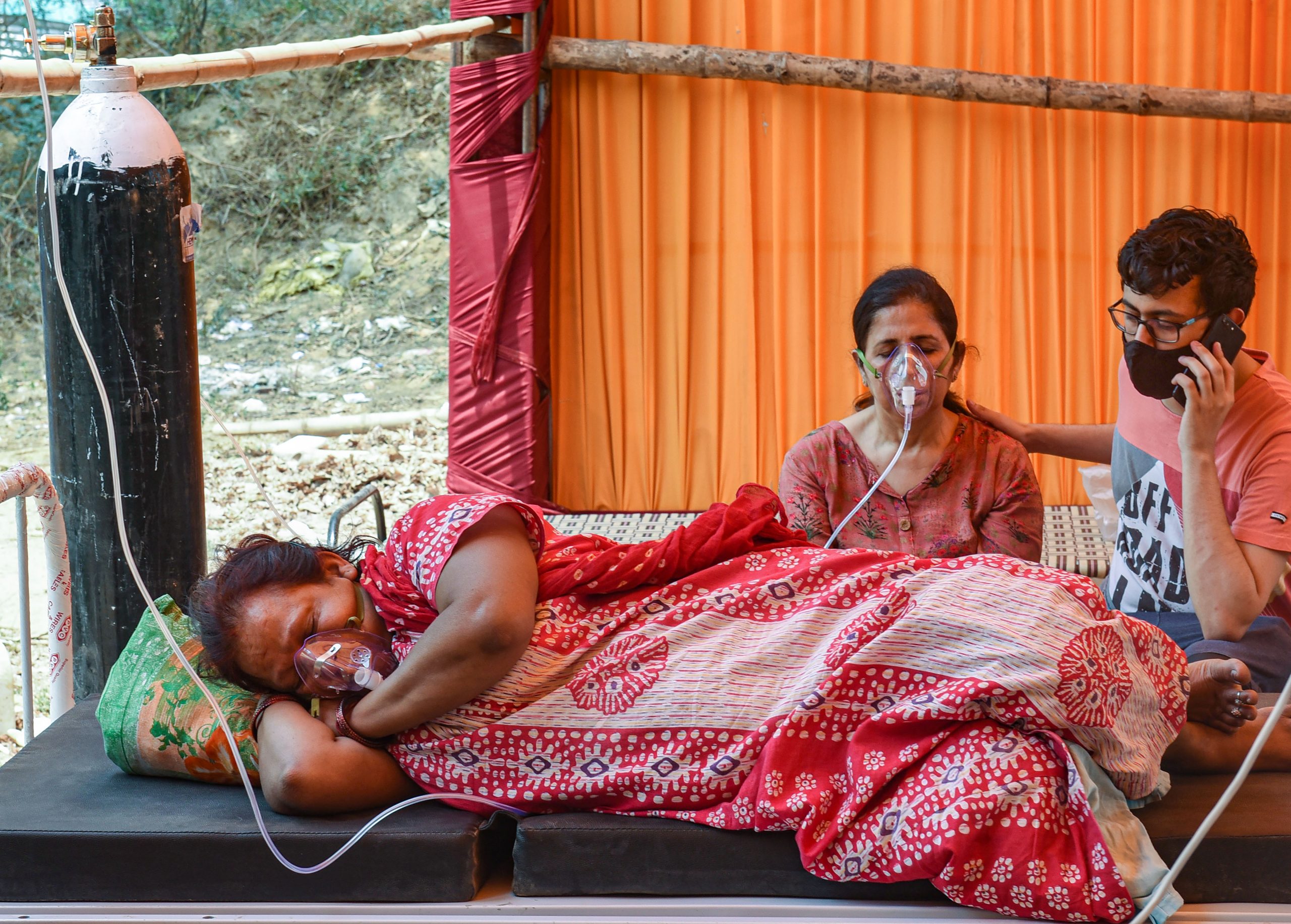A team of scientific advisers set up by the Centre has told the authorities about the minor mutations in some coronavirus samples that could “possibly evade immune response”, however, they require more research, reported Reuters.
Shahid Jameel, chairperson of the scientific advisory group of the Indian SARS-CoV-2 Genetics Consortium (INSACOG), told Reuters that while they were flagging the mutations, currently there was no reason to believe the mutations could be dangerous.
Also read: Behind India’s second COVID wave: What is the B.1.617 coronavirus variant?
“We are seeing some mutation coming up in some samples that could possibly evade immune responses,” Shahid Jameel said. He, however, did not say if the mutations are being studied in the Indian variant or any other strain.
“Unless you culture those viruses and test them in the lab, you can’t say for sure. At this point, there is no reason to believe that they are expanding or if they can be dangerous, but we flagged it so that we keep our eye on the ball,” Jameel said.
Notably, the World Health Organization (WHO) has not declared the Indian coronavirus variant a “variant of concern,” as it has done for the mutated virus detected in the United Kingdom, Brazil and South Africa.
INSACOG has brought together 10 national research laboratories.
India, in the last 24 hours, recorded 392,488 cases of coronavirus, taking the COVID-19 tally of the nation to 19,557,457. A total of 3,689 people died due to the disease on Saturday. The COVID-19 death toll has now climbed to 215,542.







